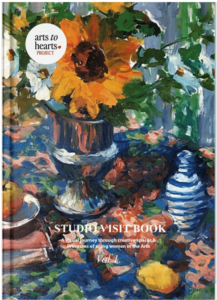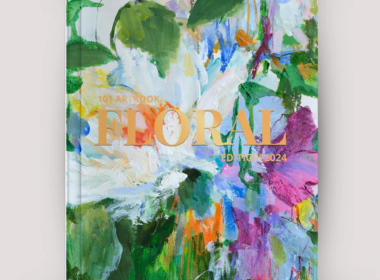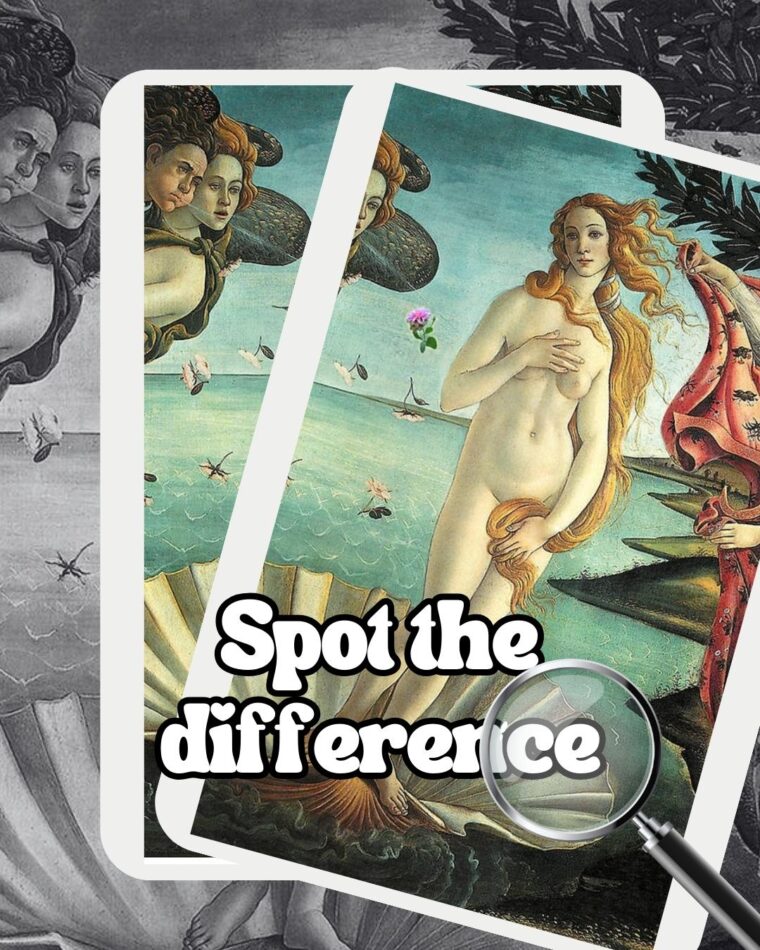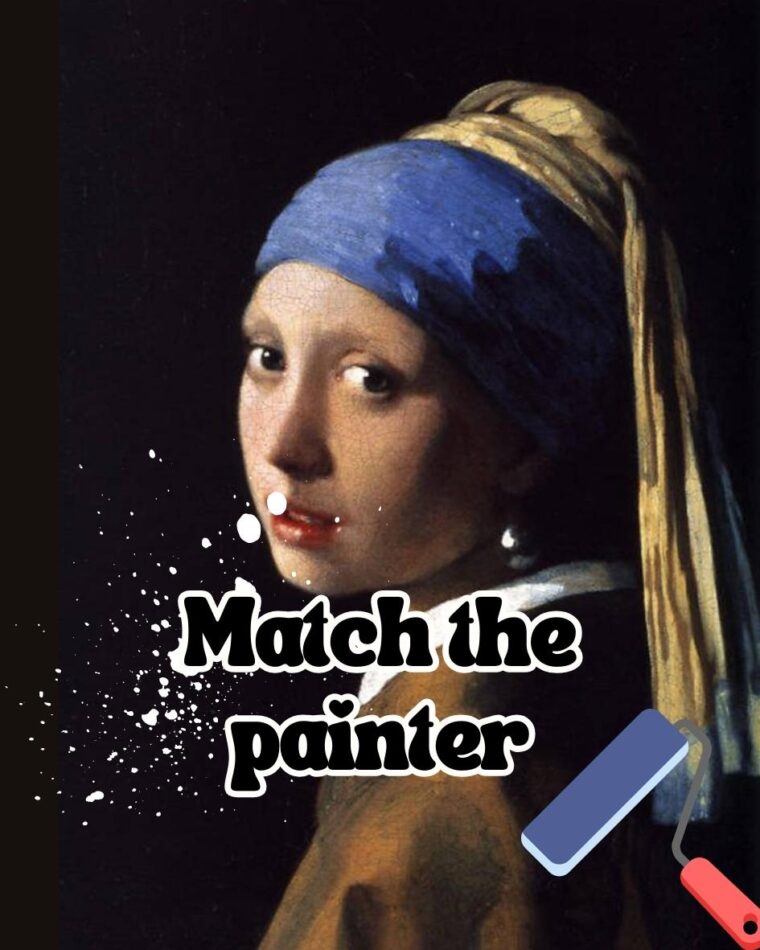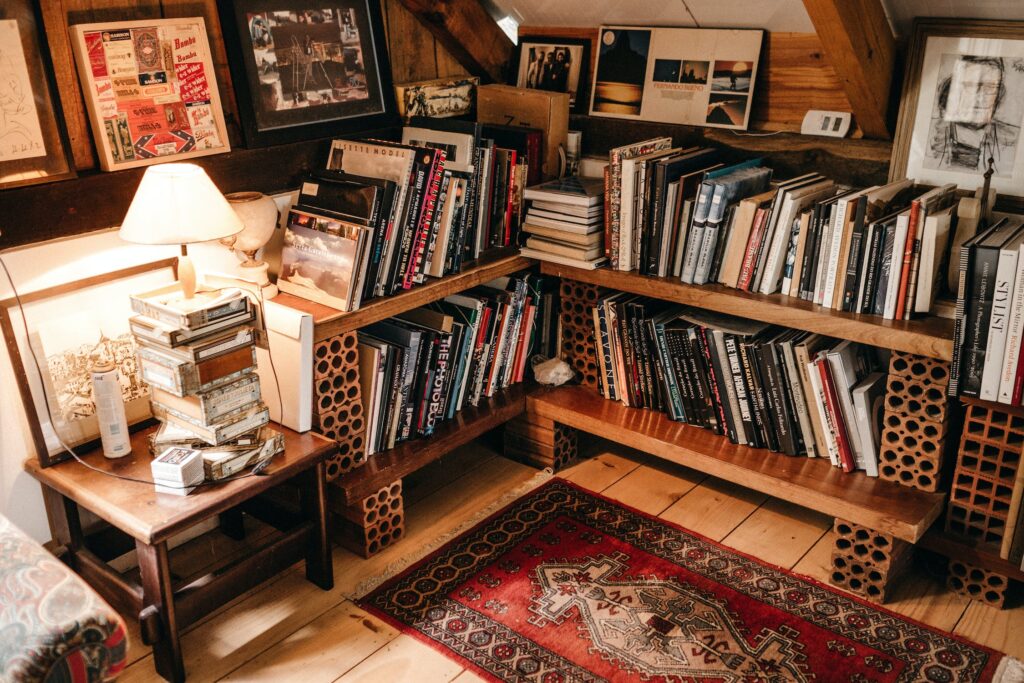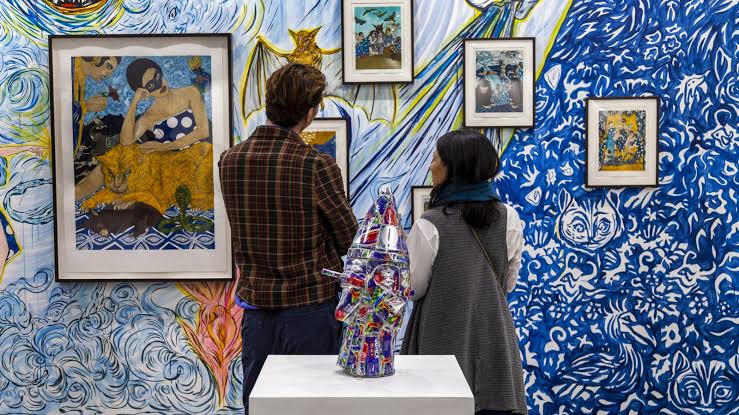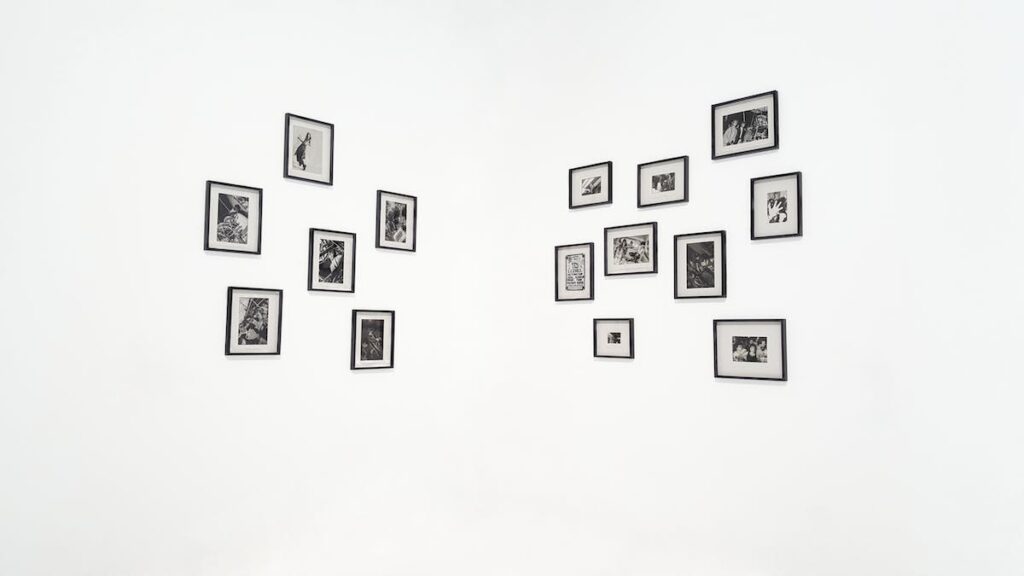
What Type Of Art Collections Are There And 10 Best Pieces Of Advice For Art Collectors
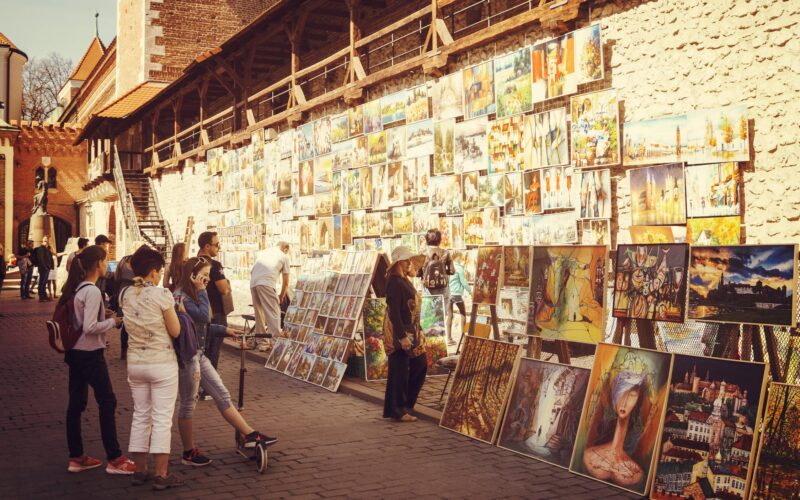

Art collections are not limited to a specific group of people; they are for everyone. You don’t need a huge budget or extensive knowledge to start collecting art. It may seem complicated at first, but it’s not as daunting as it appears.
Today we are writing for art lovers who are new to art collecting and those who are pro-art collectors. With the best strategies and pieces of advice, you can collect the right art that makes butterflies in your stomach.
But before we dive into the ten best pieces of advice for art collectors, let’s begin by exploring the different type of art collections. Understanding these options will open up a world of possibilities and ignite your passion for collecting.
Types of Art Collections
Art isn’t just about pretty pictures. It can tell stories, share emotions, and teach us about the world. So, when you start collecting art, you’re not just gathering objects. You’re curating your very own treasure chest of culture, history, and ideas. Let’s dive into two major types of art collections – Historical and Contemporary.
Historical Art Collections
When we talk about Historical Art Collections, we mean artworks that come from a certain period in history. This could be anything from cave paintings to the work of famous artists like Van Gogh or Picasso. These collections are really important because they give us a window into what life was like in the past.
You see, every piece of art tells a story about the time when it was made. A painting from the Middle Ages can show us how people dressed, what they believed, and how they lived their lives. So, collecting historical art is like having a time machine. You can see and feel the past through these pieces of art.
Contemporary Art Collections
On the other hand, Contemporary Art Collections are about the here and now. They include art made by living artists. This art reflects our current society, with all its issues, ideas, and changes.
Just like historical art, contemporary art tells a story. But this story is about our world today. It could be about big issues like climate change or social justice. Or it could be about personal feelings and experiences.
Collecting contemporary art is like having a mirror. It helps us see and think about the world we live in right now. Plus, it’s a way to support living artists and contribute to the ongoing story of art.
Now that you know the two basic types of art collections, let’s shift our focus to the part you’ve been waiting for – valuable advice for art collectors. So get comfortable, and let’s discuss the ten pieces of advice that can help you gather the best art pieces.
10 Best Pieces of Advice for Art Collectors
Collecting art isn’t just about having pretty things to hang on your walls. It’s a journey, one that takes you into the heart of creativity, history, and self-expression. Here are ten tips to guide you on your way.
Know Your Interests And Taste
Firstly, think about what you like. Not what experts say you should like or what’s popular right now, but what you genuinely enjoy. Are you drawn to bright colors, or do you prefer softer shades? Do you like realistic images, such as art that feature landscapes, or do you find abstract art more interesting? Spend some time exploring different styles and artists. The better you know your own taste, the happier you’ll be with your art collection.
Understand the Art Market
Collecting art is a joy, but it’s also an investment. That’s why it’s important to understand the art market. Try to keep up with the latest trends and prices. What types of art are people buying right now? Are certain artists or styles more popular than others? Knowing this can help you make smart buying decisions.
Also, learn about what makes art valuable. It’s not just about the artist or the style. Other factors can play a role, too, like the condition of the piece, its size, or even the story behind it. Sometimes, the backstory of a piece can make it more valuable.
The more you learn, the better you’ll understand how to build a collection that brings both joy and financial value.
Set A Budget
Art can get pricey. That’s why it’s so important to set a budget before you start buying. Think about what you can realistically afford to spend on art. Remember, this should be money that you’re okay with not getting back right away.
Once you have a budget, use it wisely. Balance the cost of the art with its quality and what it means to you. Sometimes, a piece might be cheap, but if you don’t love it, it’s not a good buy. On the other hand, a piece might be expensive, but if it really moves you, it could be worth it.
Build Relationships with Artists and Galleries
Collecting art isn’t just about buying things. It’s also about building relationships. Getting to know artists and galleries can open up a whole new world of opportunities.
One way to do this is to go to art shows or exhibitions. This is where you can see new artwork, meet the artists, and talk to them about their work. They might even give you insights that you wouldn’t get from just looking at the art.
Seek Expert Advice
Art advisors or appraisers are a good place to start. They can help you understand what to look for in a piece of art and how to build a balanced collection. They can also advise you on pricing, helping you make sure you’re getting a fair deal.
But don’t just take their word for it. Whenever possible, seek multiple opinions. This is especially important when it comes to verifying the authenticity and value of a piece.
Always Check the Condition and Authenticity
One thing that’s super important in art collecting is checking the condition and authenticity of artworks. The physical state of an artwork can hugely affect its value. Look out for any signs of damage or aging. Also, think about how much effort it will take to maintain the artwork. Some pieces might need special care to keep them looking their best.
Authenticity is another big deal. Make sure the artwork is genuine, not fake. Check if it has provenance, which is a record of who has owned it in the past. This can help prove it’s real.
Go for Variety
When it comes to collecting art, variety is your friend. Just like you wouldn’t eat the same meal every day, you wouldn’t want your art collection to be too one-note. Mixing it up can make your collection more interesting and valuable.
Try to get pieces from different artists, styles, and times. Maybe mix a modern painting with a classic sculpture. Or combine a large, eye-catching piece with smaller, more subtle ones.
Visit Museums and Art Fairs and discover different type of art collections
Museums and art fairs are like treasure troves for art lovers. They’re packed with beautiful and inspiring artworks that can spark your imagination and broaden your understanding of art.
Exploring these places can expose you to different styles, techniques, and periods of art. This can help you discover what you truly love and want to collect.
But it’s not just about the art. It’s also about the people. Museums and art fairs are great places to meet and chat with curators, fellow collectors, and even artists. They can share their knowledge, give you advice, and maybe even help you find your next great piece.
Document Your Collection
Maintaining a detailed inventory helps you remember all the pieces you have. You can note down things like the artist’s name, the title of the piece, what it’s made of, when it was made, and where you got it from. This can help you understand your collection better.
Having this documentation is also handy for practical reasons. It can help if you ever want to sell a piece, get it insured, or even just move it to a new location.
Enjoy Your collection:
Finally, one of the most important pieces of advice for art collectors is to enjoy their collection. Displaying your artwork can bring joy to both yourself and others. You can host parties and events to show your collection to your friends and family.
By sharing your art, you can start conversations and create memorable experiences. However, don’t forget to be happy and enjoy the collection yourself. Spend time admiring and appreciating the beauty of each piece.
Remember, the ultimate goal of collecting art is to achieve personal fulfillment and happiness from it. So, make sure to love your collection and let it bring you joy.
On Your Mark, Get Set, Collect!
Art collecting is a fascinating journey that allows people to explore and appreciate various types of art. From paintings to sculptures, photography to ceramics, there is a wide range of art forms to collect and enjoy. Collecting art allows us to immerse ourselves in the beauty, creativity, and cultural significance of different artworks.
It is a fun-filled journey that helps you connect with art on a deeper level. Whether as a hobby or a passion, collecting art fills our lives and contributes to the preservation and celebration of artistic achievements for generations to come.
As you explore the ten best pieces of advice for art collectors in this article, we encourage you to reflect on your own experiences and preferences. Which advice do you think was best or most related to you?
Is there any additional guidance or advice you would like to add or share? Feel free to share your thoughts and insights in the comments section or reach out to us directly.
Now that we’ve covered everything on my end, I’ll catch up with you next week with a few more articles; in the meantime, take care of yourself and keep collecting. Goodbye!
Want more creative content, opportunities, and helpful tips like these?
Sign Up Now for Arts To Hearts Project’s Newsletter
and receive all art-related stuff right in your inbox every week
The images in this are sourced from:
https://www.pexels.com/photo/woman-standing-in-front-of-man-s-painting-2121666/

